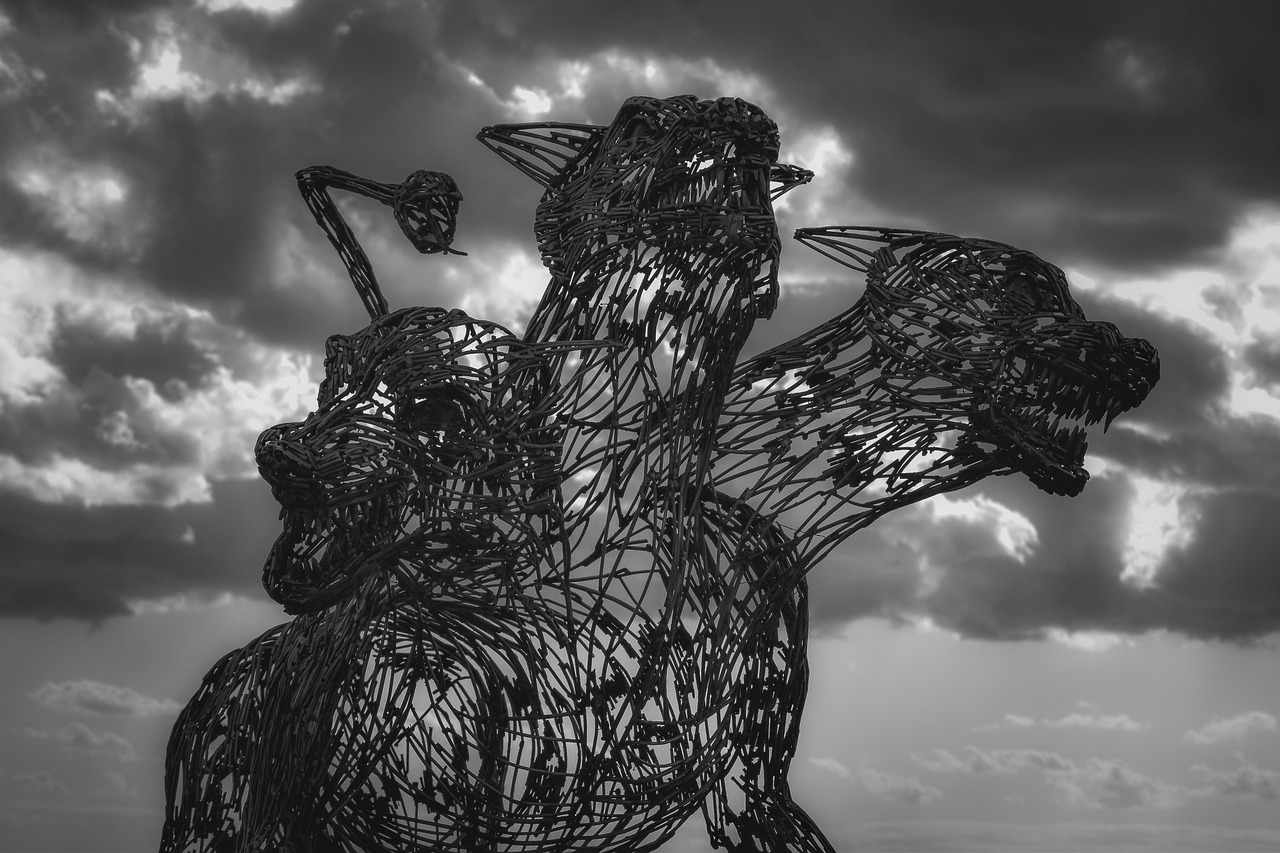Greek mythology encompasses the rich tapestry of stories that detail the gods, heroes, and rituals integral to the ancient Greeks and their classical heritage. While certain philosophers, like Plato in the 5th-4th centuries BCE, acknowledged a fictional facet within these myths, the general populace often accepted them as factual narratives that reflected their beliefs. The influence of Greek mythology on the arts and literature throughout western civilization is substantial, with its themes resonating across time and cultures, inspiring countless poets and artists from antiquity to the present day.
Origins of Greek Myths
The Genesis of Greek myths finds roots in both literary sources and archaeological evidence. Essential to this understanding are the Homeric epics—the Iliad and the Odyssey. The 5th-century historian Herodotus observed that poets like Homer and Hesiod established the well-known characteristics of the Olympian gods, which would resonate with their Greek audiences due to their familiarity with earlier mythological narratives. For example, Homer’s depiction of characters conveys a depth of knowledge and tradition surrounding these myths, with figures like Apollo being instantly recognized by the audience through their parentage.
Key Works of Greek Mythology
Hesiod’s Contributions
Among the most significant sources for understanding the origins of gods is Hesiod’s Theogony, believed to have been composed around 700 BCE. It offers not only detailed genealogies of gods but also intertwines folktales and etiological myths. Additionally, Works and Days complements this with guidance on justice and a farmer’s calendar, reflecting the values and struggles of Hesiod’s time. While traditionally regarded as distinct in their themes, some interpretations view the two poems as interrelated, with each offering perspectives on the divine and the human condition.
Literary Expansions
The mythological narrative extends beyond Homer and Hesiod. Post-Homeric epics and the Homeric Hymns work towards filling the narrative gaps in the tales of the Trojan War, while lyric poets like Pindar significantly contributed rich mythological content through their odes. Furthermore, Aeschylus, Sophocles, and Euripides—the protagonists of Greek tragedy—added their unique interpretations and preserved a myriad of mythological traditions.
Influence of Later Poets and Scholars
During the Hellenistic era, poets like Callimachus gathered lesser-known myths, and philosophers such as Euhemerus proposed that the gods originated from human beings. This notion, known as Euhemerism, offered a compelling perspective on divine narratives. Scholars like Apollonius of Rhodes documented the famed adventure of the Argonauts, safeguarding these tales through the ages.
Mythology through Archaeology
The exploration of ancient civilizations has unveiled invaluable insights into the development of Greek myths. Archaeologists like Heinrich Schliemann and Sir Arthur Evans played pivotal roles in uncovering Minoan and Mycenaean cultures, leading to modern understandings of ancient Greek mythology and rituals. Their discoveries, however, primarily revealed monumental evidence because of the limitations of the Linear B script, which was mainly utilized for inventory records. Artifacts such as geometrically designed pottery from the 8th century BCE depicted mythological scenes, notably from the Trojan cycle and the heroic feats of Heracles. Nonetheless, without accompanying inscriptions, identifying and interpreting these scenes has proven challenging.
Through the subsequent eras of Archaic, Classical, and Hellenistic periods, Greek mythology continued to evolve, with representations of Homeric tales and various mythological scenes amplifying the existing literary corpus.



